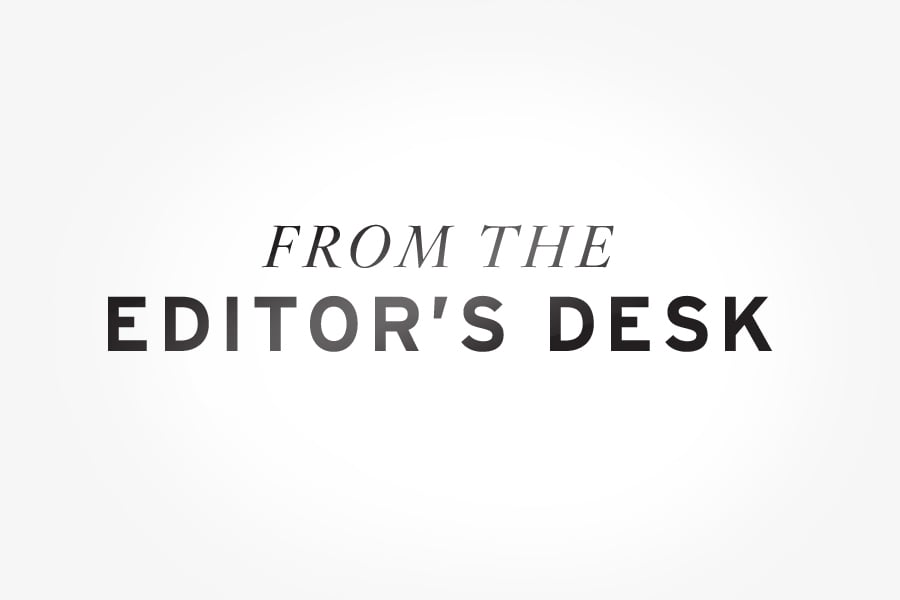Editor’s Note: How thick is your bubble?

One of the greatest gifts my parents gave me as a child was something I did not want. That bittersweet legacy is a big part of who I am, yet I am thankful that my children will not inherit it.
What my immigrant parents gave me was a working-class upbringing. For many years, we were one of the poorest families in a mixed working class-middle class, mostly WASP neighborhood in Toronto. We suffered many misfortunes, but the worst was the anxiety and shame of losing our home when I was 11.
Now secure in a middle-class life in Hawaii for 26 years, I can look back with pride on the lessons learned from my parents: the value of hard work and education, frugality and delayed gratification. The knowledge of how hard it can be to climb out of poverty, yet the understanding that it is possible.
I am reminded of those lessons by a book that I am reading, “Coming Apart: The State of White America, 1960-2010,” by Charles Murray. Few will be surprised by the premise of the book: the America of 2010, regardless of race, has become a class society that would be unrecognizable to the Americans of 1960. Murray is a controversial author (he co-wrote “The Bell Curve” in 1994) and I don’t agree with all that he writes in “Coming Apart.” But the book’s main contribution is to bring together vast amounts of data from many fields to show how pervasive the caste system has become and how much more disconnected the upper and lower classes have become from each other in the past five decades.
Especially troubling is Murray’s premise that the upper class, through intermarriage and elite education, seems destined to perpetuate itself for generations to come and that the lower class, through dysfunction, inferior schools and harsh economic realities, also seems fated to perpetuate itself. Climbing out of poverty, though never easy, is harder than ever.
Understanding that his reading audience is mostly members of this educated-yet-insulated elite who know little of working-class life, Murray offers 25 questions that define “How Thick Is Your Bubble?” For instance:
- Did you grow up in a family in which the chief breadwinner was not in a managerial job or a high-prestige profession?
- Have you ever held a job that caused some part of your body to ache at the end of the day? Bonus points if the job lasted more than a summer and extra points if it made your whole body ache. Headaches from office lights don’t count.
If those and similar questions were asked of America’s elite in 1960, many would have answered yes. The Eisenhower cabinet may have been filled with millionaires, but they were almost all self-made millionaires from modest roots. Today, fewer of our leaders could answer yes to those questions and none of their children likely will. Mitt Romney’s opponents say he is out of touch with ordinary working Americans, but so are most of our political, corporate and educated elite. And they are ensuring that their children will be even more disconnected. Institutions that used to cross class boundaries are dying, so the classes don’t mix the way they once did.
Hawaii has always been a special case, more class-based in some ways and more classless in others. We have a long history of private schools where the elite sent their children and plantations were rigid, caste communities. But living on small islands made it hard for the affluent and educated to separate themselves totally from working stiffs, and one of the positive legacies of the plantations is the idea that we are all in this together.
My father spent half his life working on farms and the other half in factories. I went to public schools and worked for only one summer in a factory. My son went to private schools and spent last summer working in the IT department of Johnson & Johnson. I had little understanding of my father’s world, and my son has even less. It is a progression that my parents and so many other parents desperately wanted for their children, but it also helps explain why Americans know less and less about each other’s lives.






